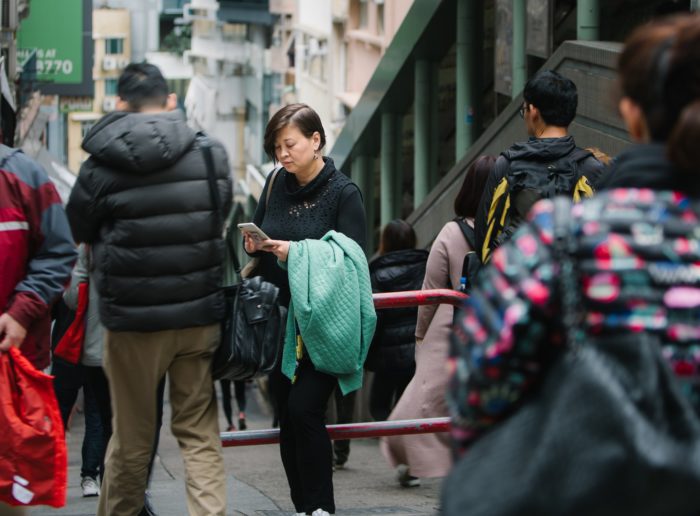How do New York Times journalists use technology in their jobs and in their personal lives?
Li Yuan, a technology columnist in Hong Kong, discussed the tech she’s using.
New York Times / January 10, 2019
“I spend about one-third of my daily nine-hour phone time on WeChat,” said Li Yuan, a technology columnist in Hong Kong.
Photo Credit: Kenneth Tsang for The New York Times
You write about Chinese tech. What tech tools do you rely on to do your job, and what do you like about them?
It’s not an exaggeration to say I live in and work on WeChat, the messaging app that’s the equivalent of WhatsApp plus Facebook plus PayPal plus Uber plus GrubHub plus many other things. As my iPhone battery use record shows, I spend about one-third of my daily nine-hour phone time on WeChat. That doesn’t include the two to three hours I use WeChat’s web version.
I’m not alone in my heavy WeChat use. There are 800 million internet users in China, but over one billion WeChat accounts. Just about every Chinese online has at least one account, and some more than one. Over one-third of them spend four hours or more on the app each day. The prevalence has made WeChat an indispensable part of many people’s lives and work. Two years ago, I met two people who refused to use WeChat, and I thought about writing a story about how people like them navigated work and life. Before I got around to it, both became my WeChat friends.
So as a journalist, I have to hang out on WeChat. I message and call my sources on WeChat. I keep an eye on WeChat Moment, which is similar to Facebook Timeline, and group chats so I’ll always be on top of what’s going on in China. When others pretend they are too busy to get back to me, I comment on their Moment posts and group chats to tell them that I know they aren’t so busy.
By now, some readers must be screaming, “How about the censorship and government surveillance on WeChat?” Sadly, it’s just the way of life in China. I’m not trying to make light of the issue. I’ve been very critical of how the tech companies work with the government to censor and monitor the Chinese public. But the reality is that ordinary Chinese often feel powerless and fatalistic when it comes to censorship and surveillance.



